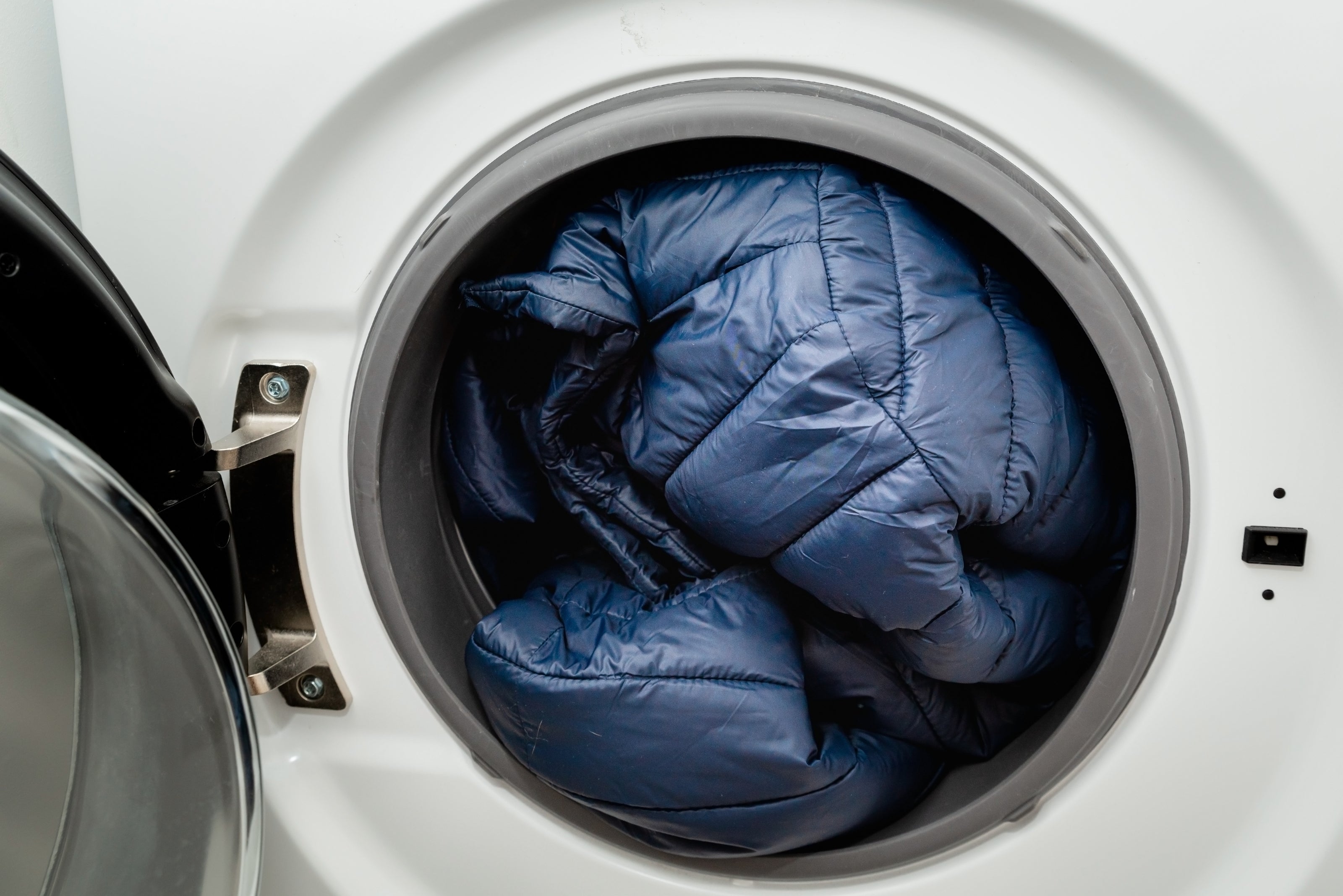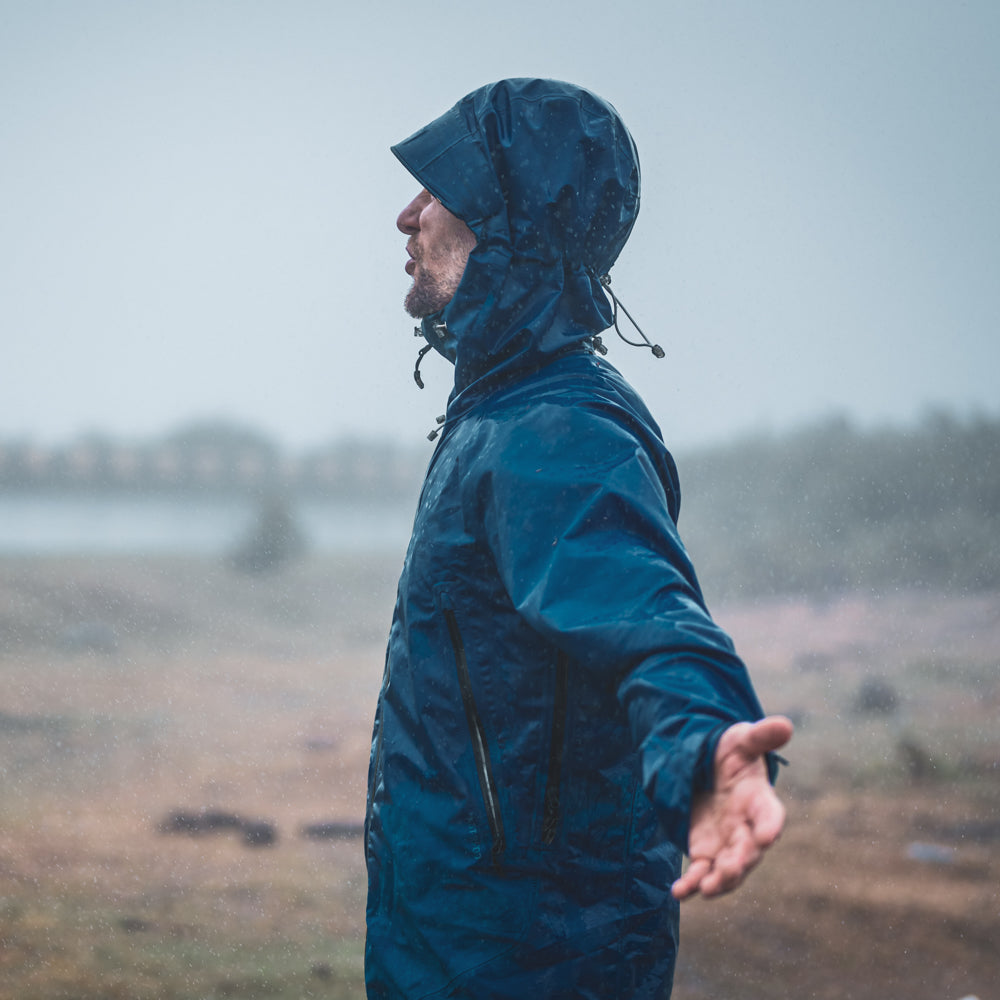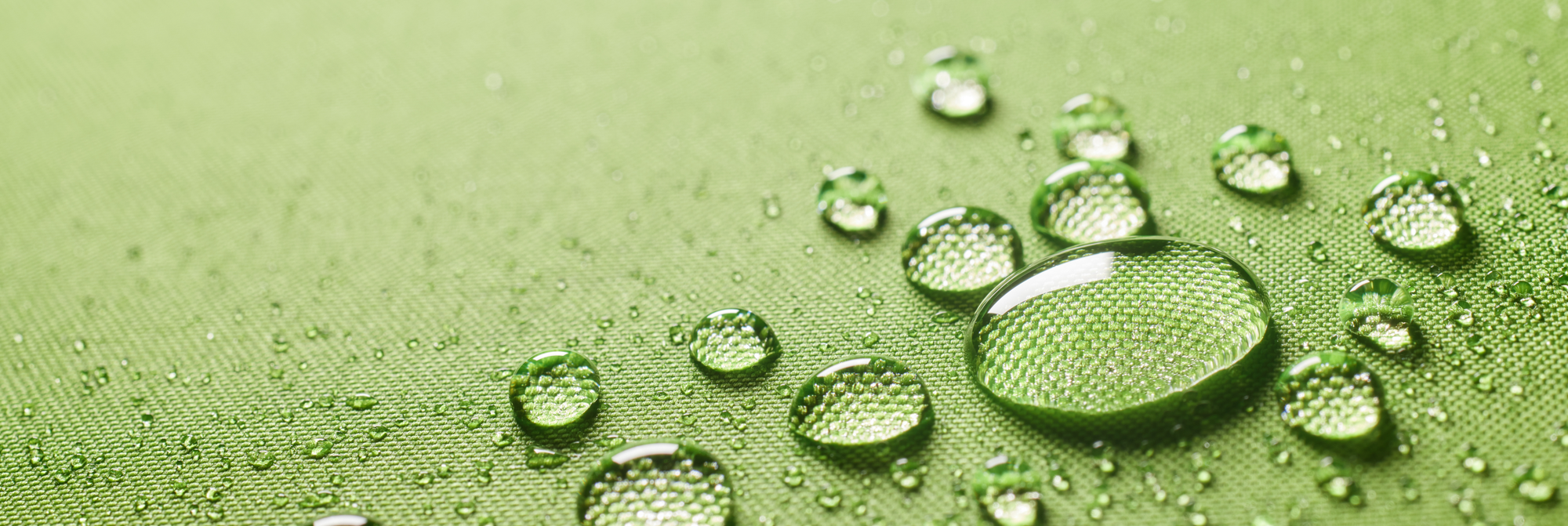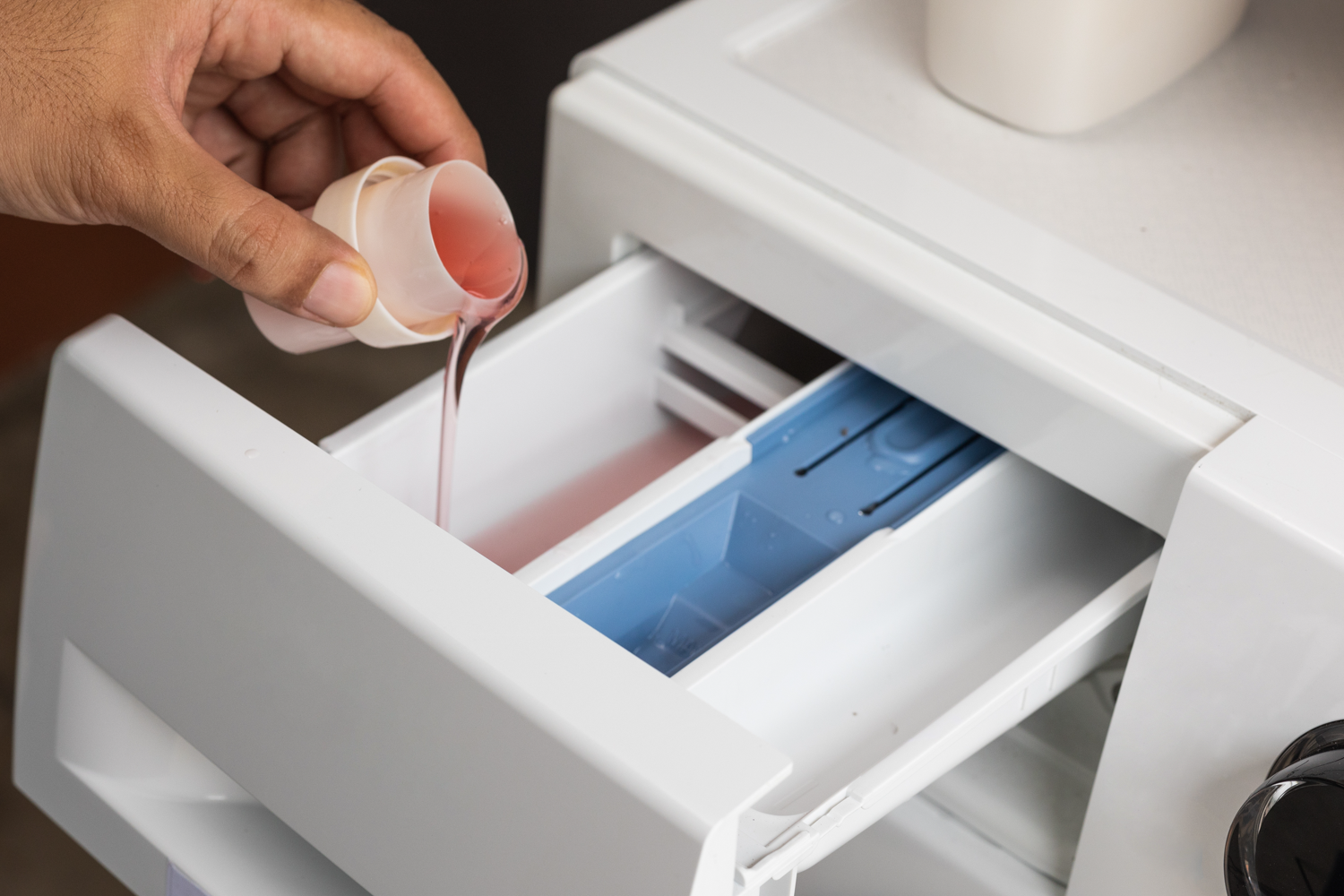Trash Free Trails: A Community-Led Movement for Cleaner Trails
Across the UK’s trails, single-use pollution threatens the natural beauty and health of outdoor spaces. Trash Free Trails is a community-driven organisation tackling this issue head-on. Committed to removing single-use-pollution and reconnecting people with nature, this movement is built on action, collaboration, and a shared passion for the great outdoors.

What They Do:
Trash Free Trails isn’t just about picking up litter—it’s a collective effort to remove single-use pollution (SUP) from trails and wild spaces, while inspiring others to do the same. Their mission extends beyond cleaning; they aim to empower individuals and communities to take ownership of their environment, encouraging deeper connections with nature through collective action.
The Role of Community:
At the heart of Trash Free Trails is a belief in the power of people. Through local initiatives and events, individuals—whether they are cyclists, runners, or hikers—are encouraged to take small actions that, when combined, create lasting change. Their A-TEAM, a passionate group of volunteers and ambassadors, leads the way in demonstrating how every effort contributes to a larger impact. Without them, Trash Free Trails wouldn’t exist—they are the heart and soul of the organisation, bringing their energy and passion to their local trails and beyond. Trash Free Trails also champions a REMOVE, REPORT, REWARD approach, ensuring that community clean-ups go beyond just collecting single-use pollution. Volunteers remove waste, report their findings to contribute to the State of Our Trails Report, and are rewarded through recognition, data-driven impact, and the knowledge that they are making a tangible difference. Reporting plays a key role in understanding pollution trends, advocating for policy changes, and highlighting the collective effort of the community.
How We Do It Ourselves?
Trash Free Trails employs a structured but simple 9-step approach to trail cleaning, designed to make the process accessible, effective, and deeply rewarding. This system follows the principles of Cognitive Behavioural Therapy, encouraging mindfulness and engagement with nature.
Stage 1: Planning
• Recognise – Observing and acknowledging the presence of single-use pollution during outdoor activities.
• Route – Identifying key areas for clean-ups and planning action accordingly.
• Rally – Encouraging community involvement through social media and local networks.
Stage 2: Removing
• Remove – Actively collecting single-use pollution, whether individually or as part of an organised event.
• Record – What did you find? How did it feel? Jot this kind of thing, and anything else interesting about your trail clean down. Use a Trail Bandit bingo card to tally your finds!• Recycle – Look through your haul and sort into little piles that can be recycled
Stage 3: Reporting
• Report – Log your finds in the State of Our Trails Report. Then tell everyone and share your trail clean far and wide.
• Reward – Reward yourself for what you’ve done, in whatever way you fancy.
• Repeat – Keep going!

Events and Collaborations
Trash Free Trails have hosted numerous clean-up events across the UK, partnering with local organisations and businesses to amplify their impact, for example:
• TrashCat – A creative, cycling-based event that turns trail cleaning into an exciting challenge. Riders follow a checkpoint-based route, collecting single-use pollution along the way while participating in fun activities. TrashCat encourages outdoor adventure while embedding environmental responsibility into every ride.
• Adaptive Riders Collective (ARC) – Since 2022, ARC has worked with Trash Free Trails to ensure adaptive cyclists can take part in clean-ups. Through this partnership, riders with disabilities are supported in their efforts to clear trails, using innovative solutions like hessian sacks attached to bikes to collect litter efficiently.

How People Can Get Involved
Trash Free Trails encourages participation from anyone who cares about protecting their local trails. Getting involved is simple:
• Join organised clean-up events – Regular community-driven events take place across the UK, with opportunities to participate in Derbyshire and beyond.
• Take independent action – Individuals can grab a bag and collect single-use pollution on their own outdoor adventures.
• Report findings – Submitting data to the State of Our Trails Report helps build a clearer picture of pollution levels and supports advocacy efforts.
• Spread awareness – Sharing experiences on social media and within local networks helps inspire others to take action.
Trash Free Trails is a movement rooted in action, connection, and shared responsibility. By encouraging individuals and communities to take ownership of their local trails, they’re creating a ripple effect that extends far beyond picking up single-use pollution. Whether in Derbyshire or beyond, anyone can take part in this movement, proving that every small effort contributes to a bigger vision—a future where wild spaces remain untouched by pollution and continue to thrive for generations to come.
Visit Trash Free Trails at https://www.trashfreetrails.org to learn more and get involved today.




